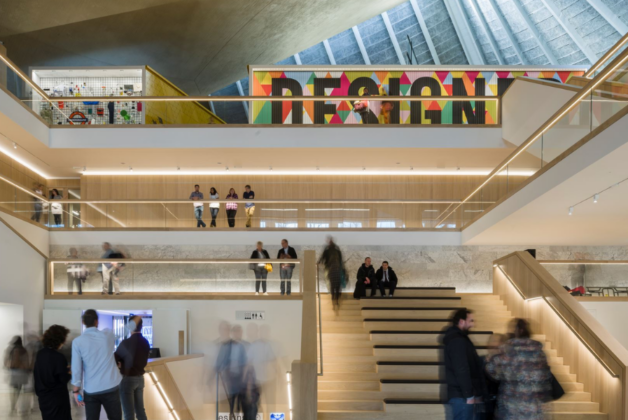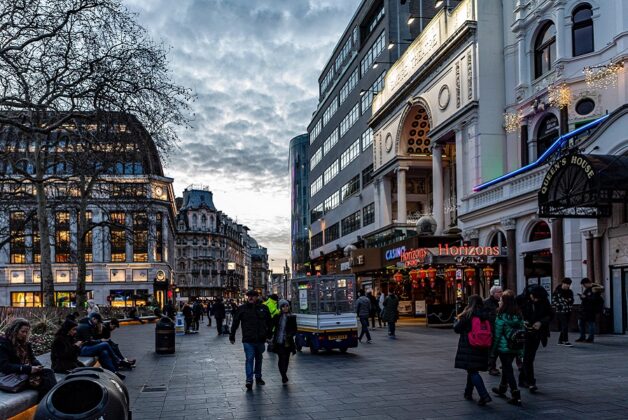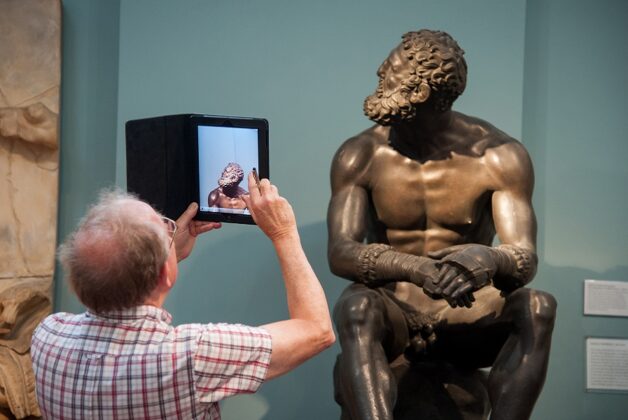The majority of cultural workers are freelancing because they have no other option, suggests a new report.
The results of a study into the working conditions of freelancers in the cultural sector has been labelled “sobering reading” by Arts Council England’s Chief Executive.
The newly published data comes from research carried out by the University of Essex, and commissioned by Arts Council England.
The ‘Cultural Freelancers Study 2024’ collected the combined feedback of more than 5,000 freelancers working across museums, theatre, visual arts, and dance.
Of that number, around 10% of respondents reported working in the museums sector, the majority reported working in visual arts. More than 80% described their work as creative.
According to the paper, a significant majority of freelancers said that their main reason for working on a freelance basis is that it is their only option.
One concerning figure highlighted by ACE was that 83% of freelancers report that their working hours impact negatively on their life outside of work ‘sometimes’ or more, including ‘always/almost always’ and ‘very often’.
It said working for free, or ‘donated labour’ is a “widespread problem resulting in many freelancers being trapped in a financial situation in which they are unable to earn enough income from their freelance work, which nevertheless takes up a large number of hours.”
“The cultural sector is strongest when the individuals who work in it are able to do what they do best: create.” write Darren Henley, Chief Executive of Arts Council England in the report.
“We want to be confident that the Arts Council has a comprehensive understanding of freelancers’ experiences of working in the sector. In summer 2023, we therefore commissioned the University of Essex to conduct our first Freelancers Study.
“This report, which quantifies the anecdotal stories we have been hearing for a number of years, makes for sobering reading. The challenges to the freelance community – of burnout, of leaving, or for the next generation, of not joining the cultural sector at all – are clear. I hope this report compels those of us with agency to take action – and to take action fast.”
The full report is available to read on the Arts Council England website.





